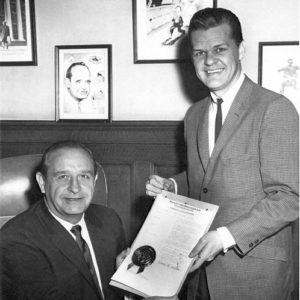 Steve Stephens with Orval Faubus
Steve Stephens with Orval Faubus
Gender: Male
 Steve Stephens with Orval Faubus
Steve Stephens with Orval Faubus
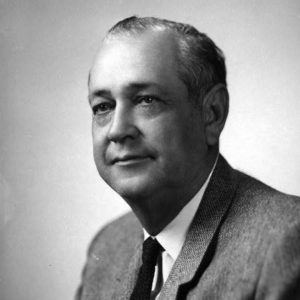 Witt Stephens
Witt Stephens
Stephens, Witt
aka: Wilton Robert Stephens
Stephenson, M. L.
Stern, Howard Seymour
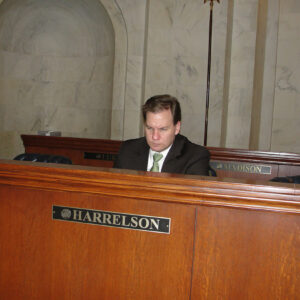 Steve Harrelson
Steve Harrelson
Stevenson, William
Stewart, Hezekiah D.
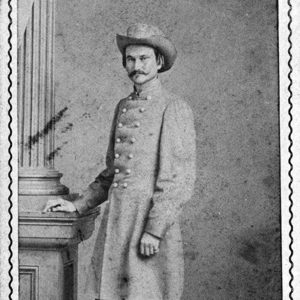 N. W. Stewart
N. W. Stewart
Stewart, Trenton Lee
Still, William Grant
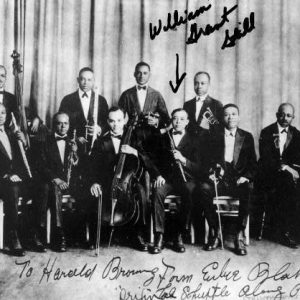 William Grant Still
William Grant Still
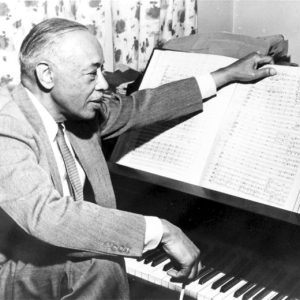 William Grant Still
William Grant Still
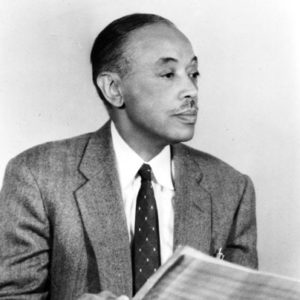 William Grant Still
William Grant Still
Stilley, Edward Lawrence (Ed)
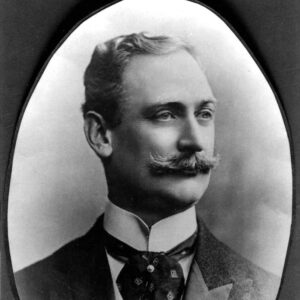 Arthur E. Stilwell
Arthur E. Stilwell
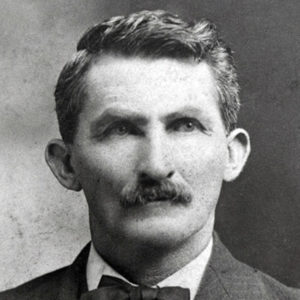 Erasmus Stirman
Erasmus Stirman
Stirman, Erasmus Irving
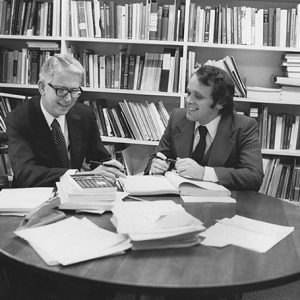 Robert Stobaugh and Daniel Yergin
Robert Stobaugh and Daniel Yergin
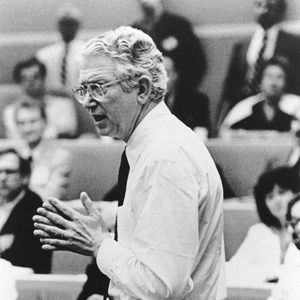 Robert Stobaugh
Robert Stobaugh
Stobaugh, Robert Blair
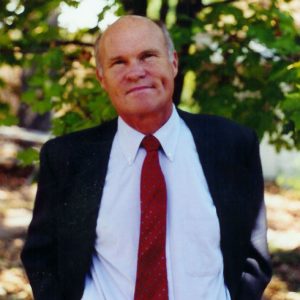 Grif Stockley Jr.
Grif Stockley Jr.
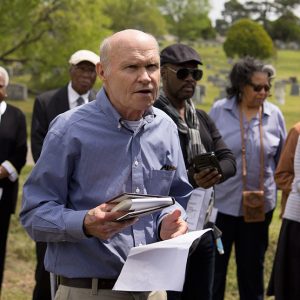 Grif Stockley
Grif Stockley
Stockley, Griffin Jasper
Stone County Lynching of 1898
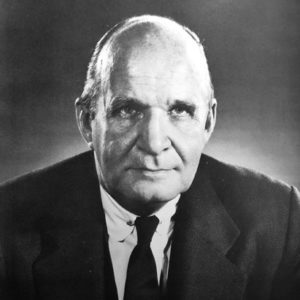 Edward Stone
Edward Stone
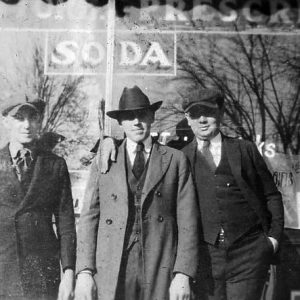 Edward Stone
Edward Stone
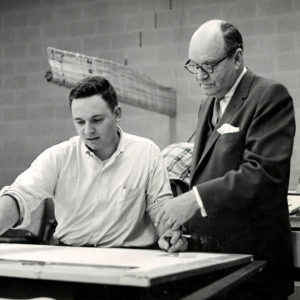 Edward D. Stone and Student
Edward D. Stone and Student
Stone, Edward Durell
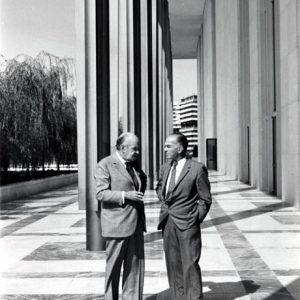 Edward Stone and J. William Fulbright
Edward Stone and J. William Fulbright
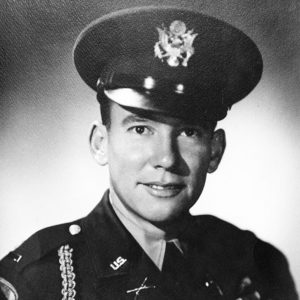 James L. Stone
James L. Stone
 James L. Stone
James L. Stone
 James L. Stone Plaque
James L. Stone Plaque
Stone, James Lamar
Stouffer, Marty
Stout, William C.
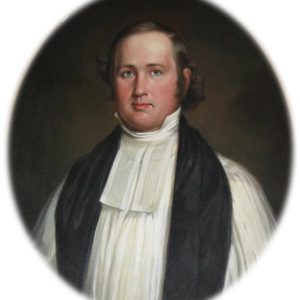 William C. Stout
William C. Stout
Stovall, Bill H. III
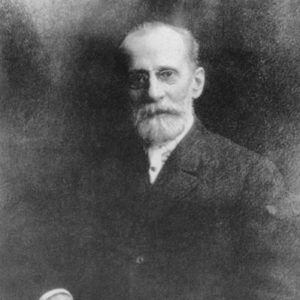 Adalbert Strauss
Adalbert Strauss
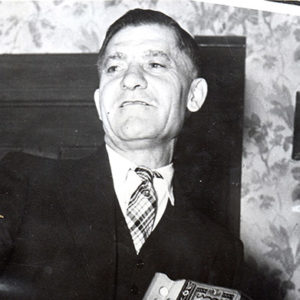 Josef Strecker
Josef Strecker
Street, James Howell
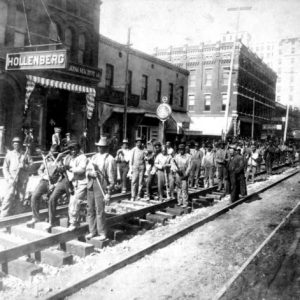 Streetcar Track Layers
Streetcar Track Layers
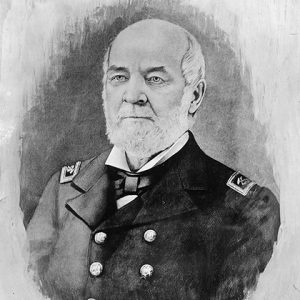 Cornelius Stribling
Cornelius Stribling
Strickland, Jacob (Execution of)
 John Stroger
John Stroger
Stroger, John Herman, Jr.
Strong, Erastus Burton
Stroud, John Fred, Jr.
Stubblefield, John
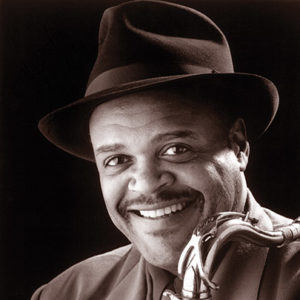 John Stubblefield
John Stubblefield




